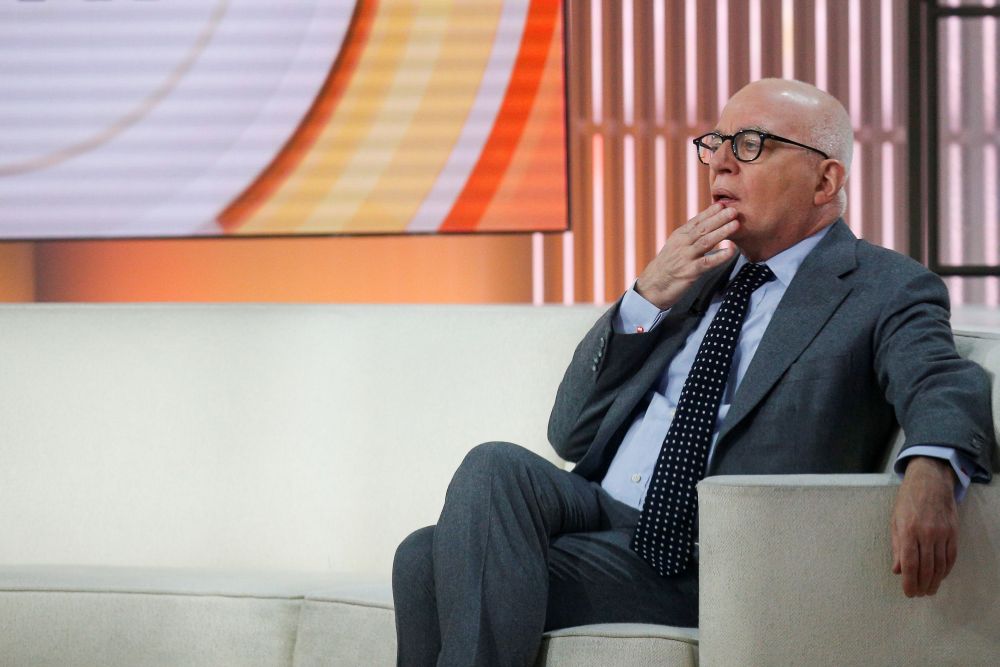A tip-off, a vendetta, and perhaps the origin of one of the most sordid scandals in recent American history. According to Michael Wolff, author of several bestsellers about Donald Trump and a close observer of U.S. elites, it was the current president himself who reported Jeffrey Epstein to the police in 2004, prompting authorities in Palm Beach, Florida, to open Pandora’s box on years of abuse, blackmail, and shadowy power networks.
The revelation came during an interview given in recent days with Michael Cohen on his “Mea Culpa” podcast. In the conversation, the writer reconstructed an episode that had remained in the shadows for years but that now could partially rewrite the narrative surrounding the financier’s downfall.
Wolff said that Trump and Epstein had a heated dispute over a luxury property located in Palm Beach. “Jeffrey Epstein believed that he had been the top bidder in an auction. He had bid $36 million,” Wolff explained to Cohen. “He took his friend Donald Trump with him to see the house, to advise him on moving the swimming pool. At which point Donald Trump went behind his back and bid $40 million for the house and ultimately bought the house.”
Based on what the writer said, Epstein strongly suspected that Trump had passed compromising information to the local police, thus paving the way for the first official investigations into Epstein’s sexual abuse and trafficking. “Epstein was extraordinarily mad about this,” Wolff said, referring to him losing out on the house. “He began to threaten Donald Trump. At which point, Epstein believed that Donald Trump went to the Palm Beach Police and said, ‘Jeffrey Epstein has young girls at his house’-thereby beginning the legal process which would ultimately bring Jeffrey Epstein down.”
Until now, the identity of the person who may have triggered the initial investigation into Epstein had never been revealed. This timeline would be consistent with Michael Cohen’s knowledge of events, as he says that he “never heard Jeffrey Epstein’s name” after he started working for Donald Trump in 2005.
Wolff admitted that there is no written evidence directly linking the Republican politician to the initial report, but said he had collected testimony from a source “very close to the events,” whose identity remains protected for safety reasons. He added, however, that Trump has always known how to stay one step ahead, and in this particular case, he may have used the information he had as a strategic lever to eliminate an inconvenient rival.
The claims are bound to spark debate, as the Epstein case has returned to public discussion after the Trump administration announced its decision not to publicly release its files on him. If confirmed, it would partially rewrite the story of the relationship between the two men: on one side, Epstein, the disgraced tycoon who ended up in prison and later died under circumstances that remain unclear; on the other, Trump, who, despite photos and documented meetings with Epstein, has always insisted he distanced himself “long before the scandal.”
Jeffrey Epstein was accused of serious crimes, ranging from sex trafficking to the exploitation of minors, with a sprawling network of victims who were recruited and abused at his properties. He managed to secure a controversial plea deal in 2008 that spared him a lengthy prison sentence, but he was arrested again in 2019 after years of renewed public pressure. Just days after his detention, the financier died under suspicious circumstances in jail, leaving behind numerous unanswered questions about his connections and possible accomplices.









